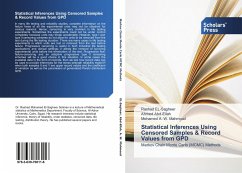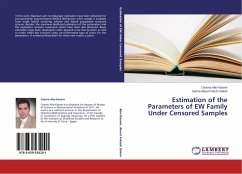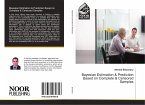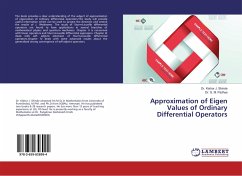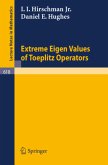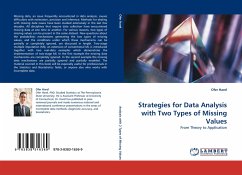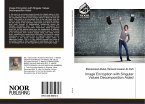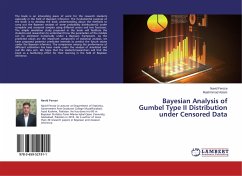In many life testing and reliability studies, complete information on the failure times of all the experimental units may not be obtained for various reasons. Hence, censoring is very common in life testing experiments. Sometimes the experiments could not be under control completely because units may break accidentally. However, type I and type II censoring schemes do not allow for units to be removed from the test during the life testing duration. There are many cases in life testing experiments in which units are lost or removed from the test before failure. Progressive censoring is useful in both industrial life testing applications and clinical settings; it allows the removal of surviving experimental units before the termination of the test. Progressive first-failure-censoring and an adaptive progressive type II censoring schemes will be a good choice in this situation. In some cases the available data in the form of records, then we see how record data can be used to provide inferences for the stress strength reliability model R when both samples X and Y are upper record values and the coefficient of variation as well as the parameters of generalized Pareto distribution GPD.
Bitte wählen Sie Ihr Anliegen aus.
Rechnungen
Retourenschein anfordern
Bestellstatus
Storno

